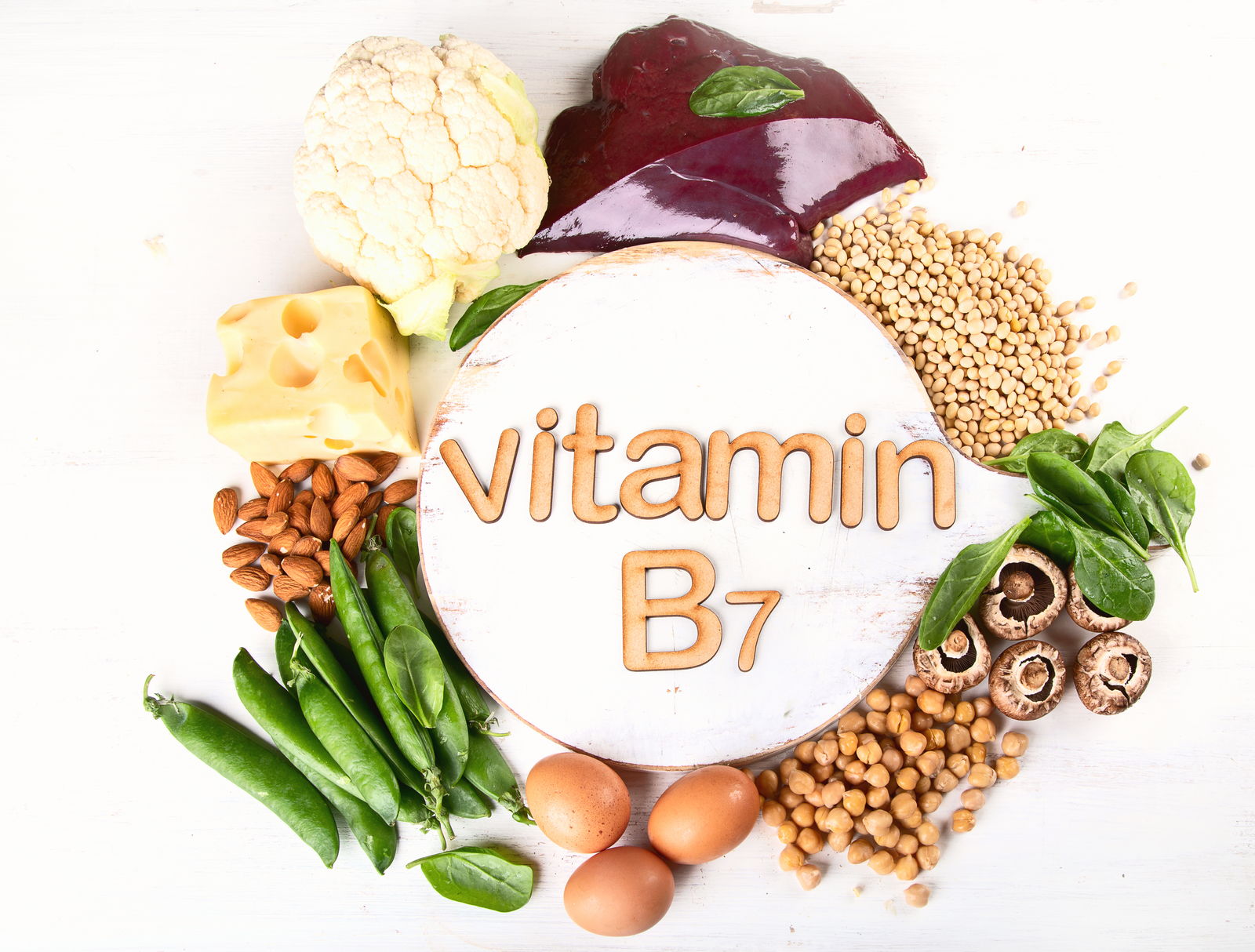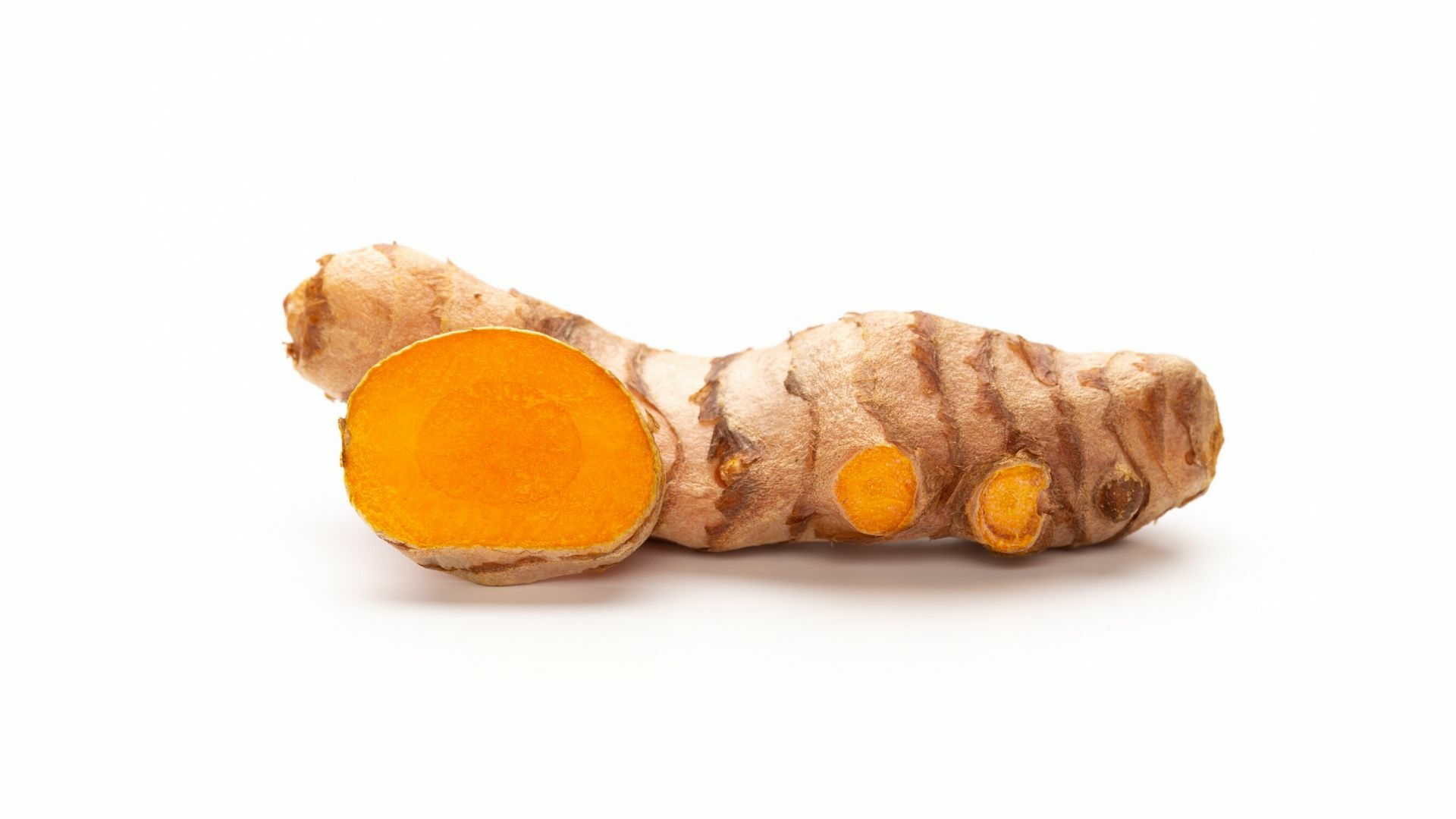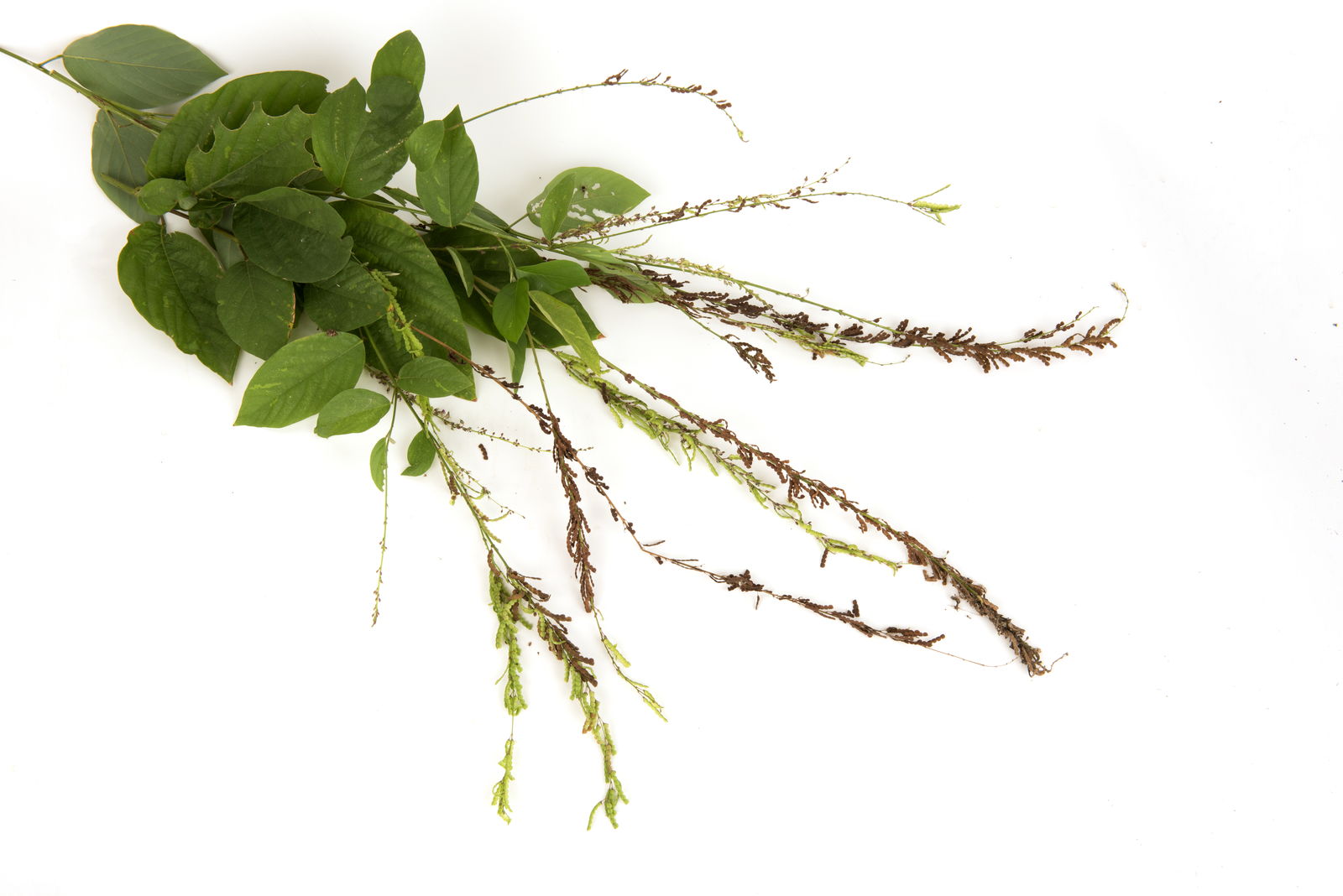The liver is the most voluminous endocrine and exocrine secretion of the human body, and represents our main "purification filter". This organ receives, in fact, plays a fundamental role in the demolition of harmful substances released into the bloodstream through food and drink.
Liver functions
The liver is a gland in constant activity, continuously subjected to work and engaged on various fronts for our metabolic well-being and for the correct functioning of the whole organism.
Suffice it to say that the liver intervenes in the following processes:
- carbohydrate metabolism: synthesizes glucose, stores glycogen, breaks insulin and other hormones;
- converts ammonia into urea;
- synthesizes cholesterol and triglycerides;
- produces coagulation factors;
- serves as a deposit for substances such as iron, vitamin B12, and copper.
This great metabolic power plant contains numerous cells of the immune system that act as a filter against antigens and removes toxins, drugs and other harmful elements from the blood with a particular processing system (drug metabolism). This is why the liver is considered the main "detox organ" of the body.
When this organ is relieved of toxins, the entire immune system works better and the levels of vital energy both physical and mental are increased, as well as favoring more efficient thermogenesis.
When, on the other hand, infections (mainly viral), chemicals (including drugs and alcohol) and autoimmune reactions are present in the liver, inflammatory processes and necrosis (death) of liver cells can occur.
Liver and nutrition
Even an incorrect, high-calorie diet, rich in saturated fats or refined sugars can lead to the onset of liver problems such as steatosis (fatty liver).
For instance, the "old style bodybuilders' diet", in other words, the so-called "bulk phase", favors all the conditions for the accumulation of fat in the liver.
If we overload the work of the liver a domino effect is activated on the metabolic efficiency in general and can become dangerous because the fats accumulated in the liver can severely alter the metabolism, "jamming" the systems for the disposal and transport of fats in the peripheral tissues and increasing not only the fat mass but also favoring other problems of a wider nature.
6 remedies to purify the liver
To help the liver regenerate and favor the processes of detoxification, elimination of toxins and purification from the slag it accumulates, the nutraceutical proposes various officinal herbs with an action confirmed both by traditional medicines and by today's scientific literature.
Here are the 6 natural remedies to help your liver cleanse and regenerate:
- Milk thistle. Known as a "regenerative" potential of liver cells, it has always been used as a hepatoprotective tonic. Thanks to the presence of silymarin, a complex of bioflavonoids that have been shown to possess antioxidant properties, milk thistle is very useful for preventing lipid oxidation and the destruction of cell membranes. Thanks to its active principles, the plant effectively helps to treat toxic liver damage, as it is commonly used in supportive therapies of chronic inflammation, in liver cirrhosis and in various liver dysfunctions and disorders to improve liver function and accelerate the regeneration of cells damaged by intoxications of various kinds.

- Colin Bitartrate. Also called vitamin B7, it is an important nutrient for liver health. Without Colin, the fats accumulate in the liver more easily. In addition to being part of the composition of cell membranes, this phospholipid also plays an important role within the bile. Phosphatidylcholine, of which it is a precursor, intervenes in the emulsion of fats, a process that facilitates lipids digestion in the intestine. Thanks to this mechanism, phosphatidylcholine reduces fat deposition and limits cholesterol accumulation. Research has shown that its presence also contributes to preventing the storage of liver fat.
- Betaine hydrochloride. It appears to be an effective lipotropic agent capable of improving conditions such as non-alcoholic hepatic steatosis, offering a further detoxifying and hepatoprotective action.
- Inositol. One of the main components of membrane phospholipids, it is necessary for the synthesis of the myelin sheath that surrounds the nerves and, therefore, for the good functioning of nerves, muscles, and brain. It also acts as an important lipotropic agent, supporting the elimination of excess fats from the liver and promoting bile flow.

- Turmeric. Curcumin, among its beneficial effects on health such as antioxidant and anti-inflammatory action, also has an interesting protective effect against potential liver damage and seems to favor the regeneration of damaged liver cells. Tumeric also promotes an improvement in the health and activity of the gall bladder. Keep in mind though that turmeric has a low absorption capacity and it is preferable to choose versions that guarantee better bioavailability.

- Desmodium. It is a perennial climbing plant native to many tropical areas of South America, Africa, and Asia, where it grows on meadows and forests up to 50 cm high with red flowers and green fruits that look like green beans. It is a plant very rich in medicinal active ingredients. Desmodium contains an interesting level of alkaloids, saponins, fatty acids (linoleic, oleic, palmitic), amino acids and minerals (mainly phosphorus, magnesium, sulfur, potassium). Recently, Desmodium has been approved in France and many other Western countries as a natural and effective alternative for the fight against many diseases, particularly in the field of liver problems. The plant turned out to be an ally of the liver due to its purifying action that facilitates drainage and regeneration of liver cells, with interesting scientific research on the subject.
